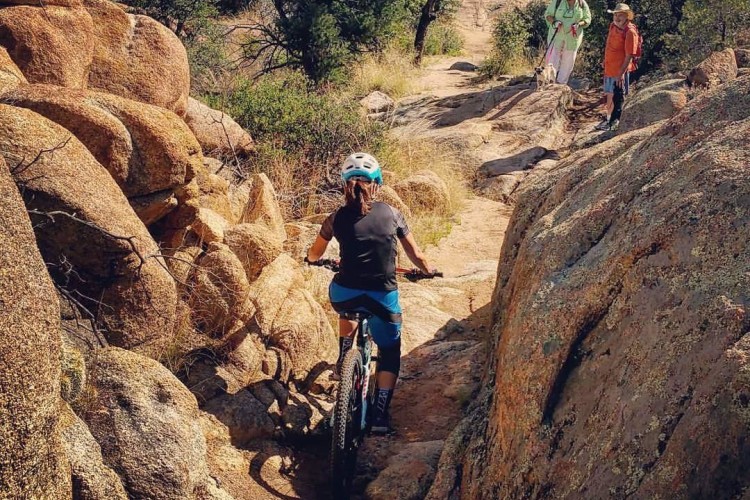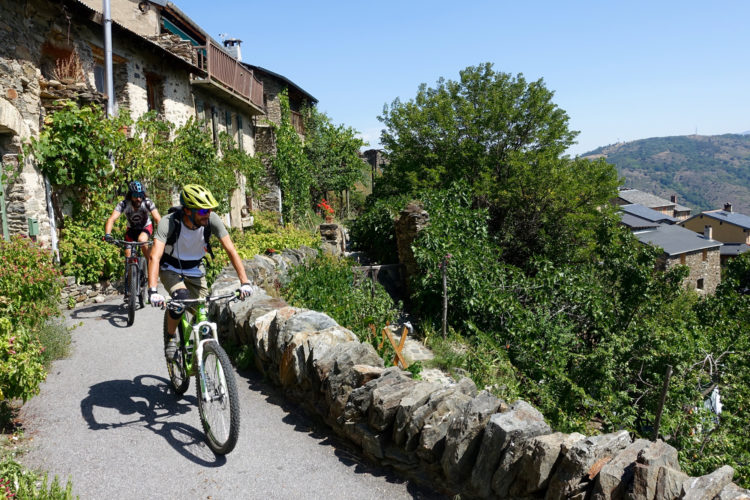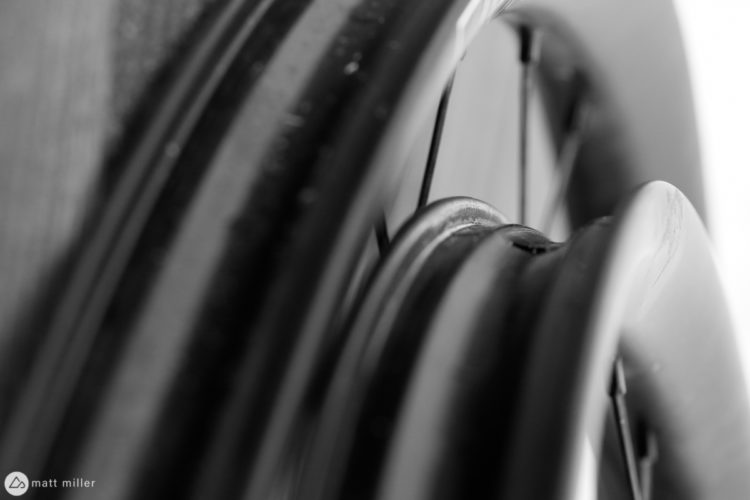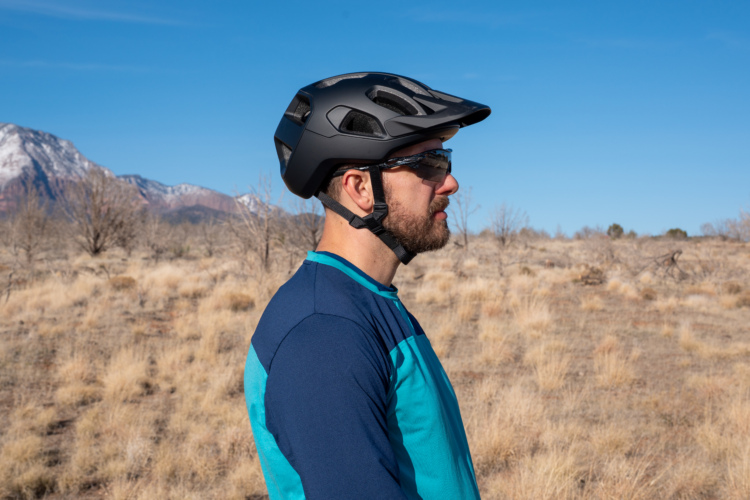
Editor’s Note: “Over a Beer” is a regular column written by Greg Heil. While Greg is the Editor in Chief for Singletracks.com, any opinions expressed in this column are his alone and do not necessarily represent the opinions of Singletracks.com.
Worrying about the future and obsessing about the past–these two things rob us of embracing and enjoying this present, singular moment. I am all too inclined to worry–more so about the future than the past. This worry often seems tied to a general sort of anxiety, anxiety about the unknown, about what I cannot control.
Perhaps the biggest problem with this general form of worry is that it isn’t beneficial at all–whatever we think our worrying might achieve, it does not equip us to actually handle those unknown circumstances any better when they actually arrive. It’s possible that some sort of preparation could help us, but very often the preparatory function consists of pulling ourselves up by our bootstraps and doing the work that we know deep down we’re avoiding.
For instance, we could worry about whether or not we’re in good enough shape to tackle the massive amount of elevation gain in an upcoming race or trip. But worrying about a trip that’s weeks away doesn’t benefit us at all. What would help is putting on your helmet, grabbing your bike, and pedaling up the tallest mountain you can find.
All that exists is what lies directly in front of us–right now, in this moment. As I scribble these words in my journal (at least, one of the first drafts of this post), I am sitting at a picnic table at the Cement Creek Campground, outside of Crested Butte, Colorado. I’m staring up at a granite monolith rising sharply above the valley floor.
Over the eons, boulders have separated themselves from the monolith, falling dozens if not hundreds of feet, to create and then join the steep scree field of rubble surrounding the mountain’s base.
The monolith cares not for the humans scurrying about below it, building trails, pedaling their mountain bikes, camping and building fires, worrying about the minutia of their lives–the monolith is impervious, changing slowly yet everlasting.
The aspens around me have not yet fully donned their autumn gold, but tinges of gold form fringes around the edge of the groves, providing a vibrant accent of splendor that lasts but briefly.
The seasons change and time rolls on. Time doesn’t ask if we are ready for the world to advance, moving on with or without us. It does not care.
Difficulties arise and difficulties pass. It is the way of the world. The only thing our worrying about the future, our problems, and the difficulties that we face accomplishes is that by using our time in this way, we miss the fleeting gold of autumn. The gold arrives over night and is gone just as fast. We miss the way the morning light illuminates the granite crags of the monolith rising sharply above us. We miss the sunset that casts its rays across the land differently in the winter than it does in the summer.
By living either in the past or in the future, we miss the present–the one thing that we know for sure we possess, if momentarily. What a tragedy it would be if we missed all of our present moments, only to arrive at the end thinking, “I thought there would be more.”
Autumn’s ephemeral appearance on the mountains reminds us of this. Just a dozen days ago the trees were green, and now the leaves have already turned golden and are falling. The color is grand, but the grandeur is brief. As is life.
Live the present.























2 Comments
Oct 5, 2017
Oct 4, 2017